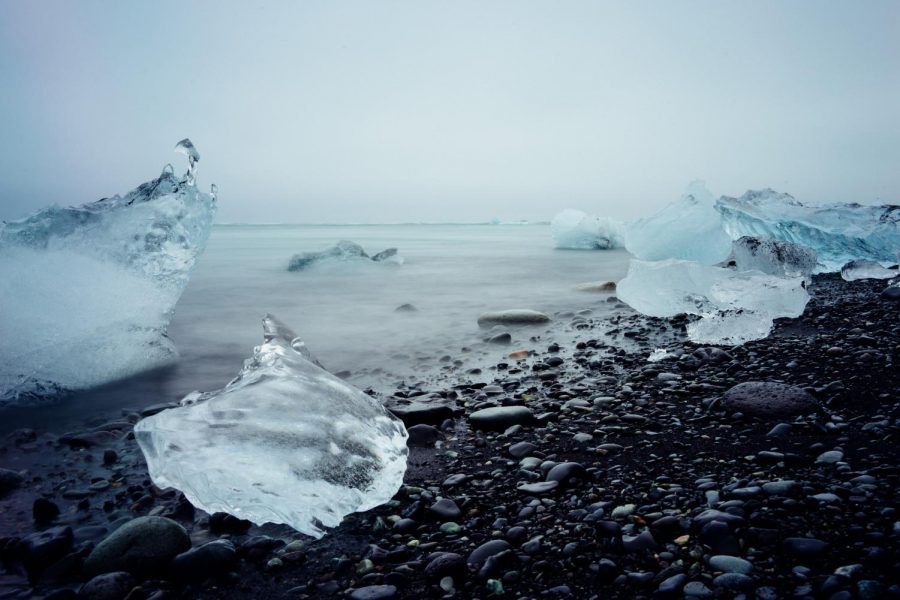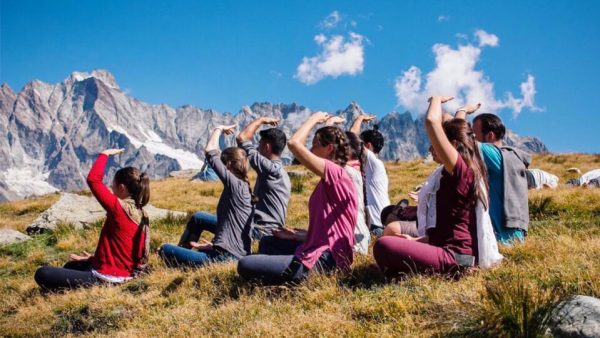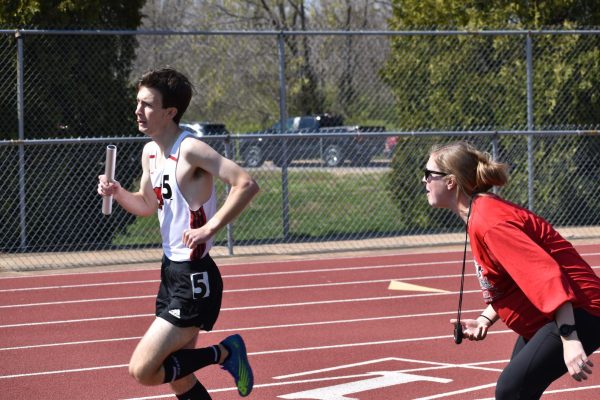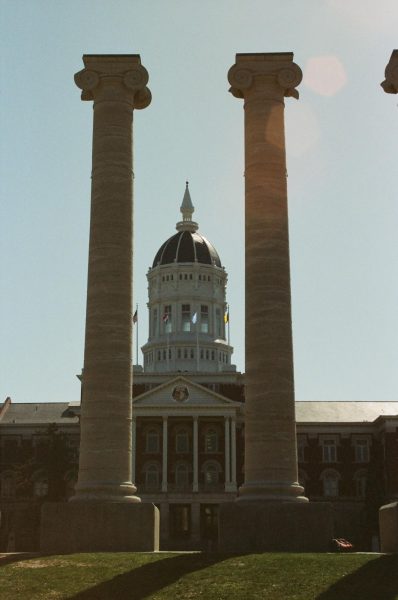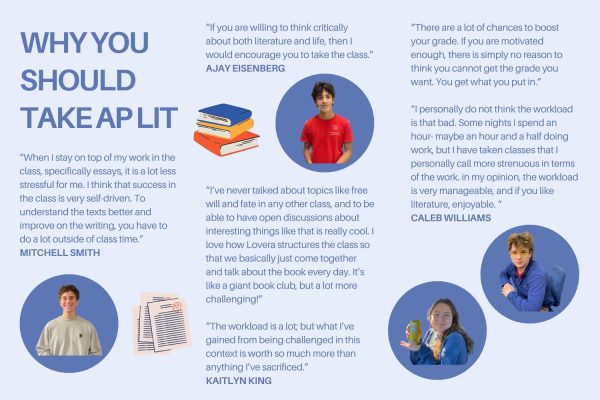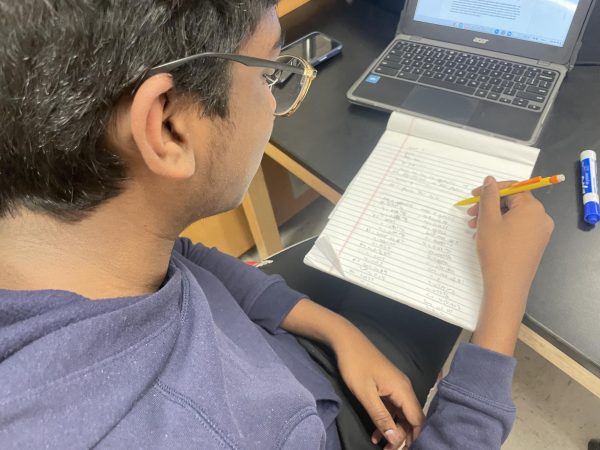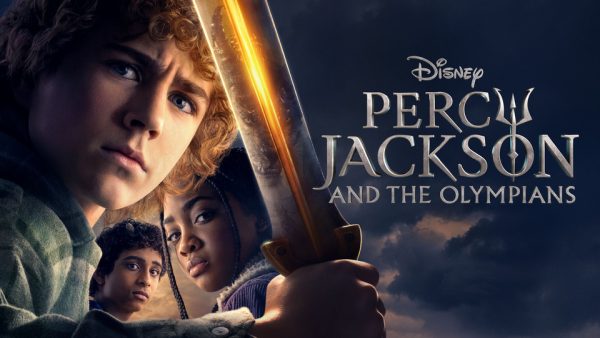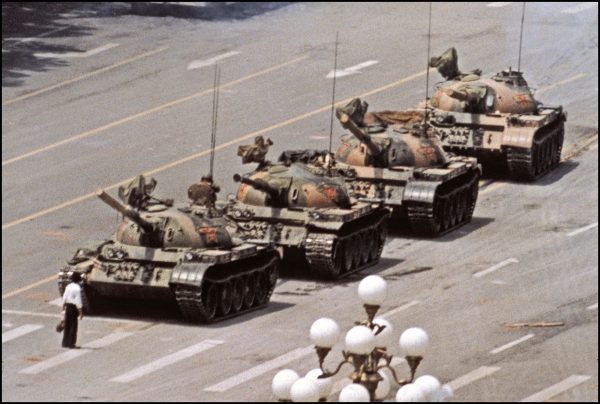Giving Kids a Platform
November 7, 2019
The social and political climate is far more polarizing and in ways confusing for the current generation than it was for one’s past. The heavy implementation and prominence of social media, in particular, has had a far greater impact on life than anyone could have predicted. The spontaneity that data can be accessed has affected in ways the way politicians approach the public, people in power approach social issues, and the sheer amount of information available to children that have not yet formed their own opinions on stuff.
Politicians use Twitter, but specifically, Donald Trump is notorious for tweeting seemingly whatever is on his mind at any point in the day; but what is the biggest change from Presidents such as Barack Obama, George W. Busch, and Bill Clinton, is that Donald Trump primarily uses Twitter to address the masses. He uses it to comment on the current status of military endeavors and international politics (Oct 10). In a more general sense, politicians using social media allows them to get essentially free advertising, get a feeling for how the general public feels with the ability to see comments or use a poll and give off the impression that they are hip or connected with the current technological generation. However, this direct contact with voters and the public also has its downsides. One prominent downside is the daily controversy, notably Hillary Clinton’s emails and Donald Trump’s sexual assault allegations during the 2016 Presidential election.
While it is important to see how the older generations use social media and the current social climate to their advantage, it is just as if not more important to see how the younger generations are using it and being affected by it. Speaking from the perspective of a person immersed in observing the current social climate and even at times consumed by it, this is not something to be glossed over and shoved to the back of the mind to be dealt with later and by the next generation. Certain issues like the environment and climate are not ones that can wait, if we put them off too long there may no longer be any point to discuss them; as the climate is trending in a way that will be detrimental to the Earth as a whole in the near future.
Climate change is an issue at the forefront of national and global importance but at the same time one of the topics most glaringly neglected in the arena of politics. With current U.S. President Donald Trump attempting to undermine and discredit climate change activist Greta Thunberg after her speech at the UN Climate Action Summit.
Other large emissions contributors such as China and India are not taking adequate action to reduce their carbon emissions by 2020 the agreed date of their national determined contributions (NDCs) previously agreed upon by the Paris Climate Agreement in 2015. Which given the current trend of the climate globally, especially since the Industrial Revolution and the mass increase in factories and production, spells a hot and strained demise.
Ever since the increase in greenhouse gas output via factories and other industrial entities in the United States, China, India, and Great Britain the climate has suffered. This ‘global warming’ of the climate is easily visible and nowhere more than at the poles.
Specifically places like Alaska and its towns. Notably, one village, Newtok, has suffered a fate that it has been slowly awaiting for decades now, as documented by National Geographic journalist Craig Welch. “Thawing permafrost and erosion has increased flooding risks and caused the land around their homes to crumble and sink,” Welch writes.
Permafrost can be seen using the Kolyma River in northern Russia as an example. “they’re releasing vestiges of ancient life—and masses of carbon—that have been locked in frozen dirt for millennia. Entering the atmosphere as methane or carbon dioxide, the carbon promises to accelerate climate change, even as humans struggle to curb our fossil fuel emissions,” Welch writes.
However, this is just a small sample on the world scale, and it shows no signs of slowing down; unless people who have power start listening to those affected by the issues and who will have to live with the world created by either action or non-action by world powers. Whether you like it or not, the climate is warming and changing and something needs to be done to curb and limit how far it can slip.
Another crisis that has sadly been prevalent in the United States specifically in the last decade is gun violence and even more specifically school shootings.
While they were brought back to the main stage with the Sandy Hook shooting in late 2012, these killings of innocent adolescents and guardians have been an issue since Columbine in 1999, which at the time the death toll of 13 people was one of the largest school shooting in history.
However, this is sadly not a consolidated issue, with 11 of the 15 deadliest school shootings by death toll in U.S. history happening since Columbine, with some of the more recent ones being the Santa Fe High School shooting, and Parkland which garnered arguably more media attention than any other school shooting in history.
Parkland is the largest mass shooting in United States history in which the shooter did not commit suicide or was not gunned down by responders.
One of the main activists spawned from this traumatic event was a student at the time of the shooting, Emma Gonzalez.
She along with other survivors of the Parkland shooting formed the group ‘March for Our Lives’ a non-partisan group that pushes for stricter gun laws and aims to help register young voters.
However, groups like the National Rifle Association (NRA) are attempting to block and stop tougher gun regulation.
It has reached such a point that controversial comedians such as Dave Chappelle used jokes to touch on a stigmatizing racial and societal issue, saying, “Every able-bodied African-American must register for a legal firearm. That’s the only way they’ll change the law.”
But as it typically goes, the ones affected by this outburst of mass and school shootings are not the ones directly with the power to change anything, instead they have to rely on politicians and people of power listening to them, but to the dismay of disheartened children and parents they are reluctant to listen to the people affected by the issue and reluctant to change anything.
Overall, the access children and young adults have to information and how quickly news travels is resulting in a better informed, and in ways, more radical youth. They are now able to see the severity and absurdity with which these tragedies take place, and no longer wanting to be complacent and idle want to make a change, but are being shot down as too young, or not well-informed when they see and hear everything that happens and in many cases are the ones that actually have to suffer through these events and are left with the trauma. In the best way to summarize all this discourse is, please listen to those younger than you, granted they might not always be right, but they have firsthand insight into some of the most pressing issues and might have a unique perspective that challenges longstanding ideas.


